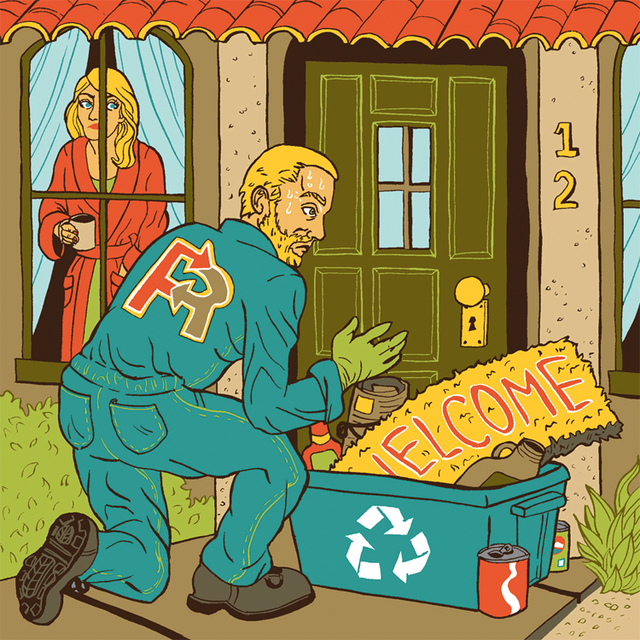Recycled Fears: Company Makes Overtures To A Leery Neighborhood
Company Makes Overtures To A Leery Neighborhood


Julia Minamata juliaminamata.com
Latest Article|September 3, 2020|Free
::Making Grown Men Cry Since 1992


Julia Minamata juliaminamata.com

